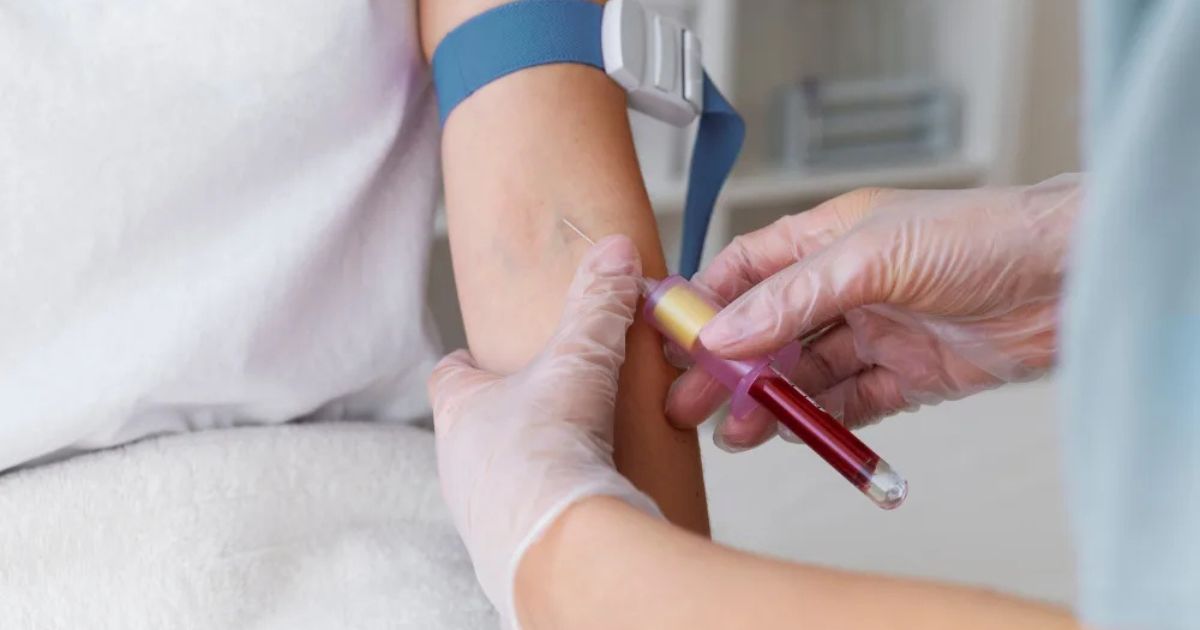Yes, in most cases, a thyroid patient can donate blood — but it depends on their current health status and the treatment they’re undergoing.
What is Thyroid Disease?
Thyroid disease refers to any dysfunction of the thyroid gland, a small butterfly-shaped gland in the neck. The two common types are:
- Hypothyroidism – Underactive thyroid (common treatment: levothyroxine)
- Hyperthyroidism – Overactive thyroid (treatment may include medication, radioactive iodine, or surgery)
General Blood Donation Criteria
Before diving into thyroid-specific guidelines, here are the general requirements to donate blood:
- Age: 18 to 65 years
- Weight: Minimum 50 kg
- Hemoglobin: At least 12.5 g/dL
- Overall good health
- No major infections, recent surgeries, or chronic conditions without doctor’s approval
Can Thyroid Patients Donate Blood?
1. Hypothyroidism (Underactive Thyroid)
If you have hypothyroidism and are stable on medication (like levothyroxine), you can usually donate blood. Most blood donation centers accept donors with controlled hypothyroidism.
Important Note: You should not donate if:
- Your thyroid levels are unstable
- You’re experiencing symptoms like fatigue, dizziness, or low blood pressure
- You’re taking medication that affects your blood quality
2. Hyperthyroidism (Overactive Thyroid)
This condition requires a bit more caution. If you’re being treated with:
- Anti-thyroid drugs like methimazole or carbimazole,
- Or have undergone radioactive iodine therapy recently
Then you might be temporarily or permanently disqualified from donating blood, depending on the guidelines of your country or blood bank.
When Should a Thyroid Patient Avoid Donating Blood?
You should avoid blood donation if:
- You were recently diagnosed and your condition isn’t yet controlled
- You had radioactive iodine treatment within the last 6–12 months
- You’re undergoing surgery or have an active infection
- You feel weak, dizzy, or unwell in general
When Is It Safe to Donate?
A thyroid patient can safely donate blood when:
- Thyroid hormone levels (TSH, T3, T4) are within the normal range
- They’ve been stable on medications for at least 3–6 months
- They have clearance from their healthcare provider
What Do Blood Banks Say?
Most international blood donation organizations — like the Red Cross or WHO guidelines — allow thyroid patients to donate blood if their condition is under control and they feel healthy on the day of donation.
However, policies may vary depending on the country. It’s always best to check with the local blood bank or hospital.
Tips Before Donating Blood as a Thyroid Patient
- Eat a healthy meal before donation
- Stay hydrated
- Carry your medical prescription or thyroid report
- Inform the blood donation staff about your thyroid condition
Final Words
Yes, thyroid patients can donate blood, but it depends on their health status, treatment, and medical clearance. If you’re managing your condition well, donating blood is a great way to help others — but your safety comes first.
FAQs
Q1: Can I donate blood if I’m taking thyroid medication?
Ans: Yes, if your condition is stable and you’re feeling well, blood donation is usually allowed.
Q2: Can someone with hyperthyroidism donate blood?
Ans: Maybe. It depends on their treatment. Those on anti-thyroid drugs or who had recent iodine treatment may not be eligible.
Q3: Is it safe to donate blood if I have hypothyroidism?
Ans: Yes, if you’re on stable treatment and meet the basic donation criteria.
Q4: Do I need a doctor’s approval to donate blood with thyroid disease?
Ans: It’s not mandatory but highly recommended, especially if your thyroid condition is not fully stable.










